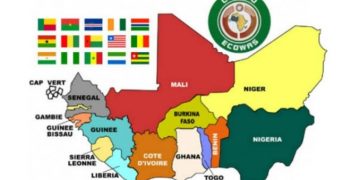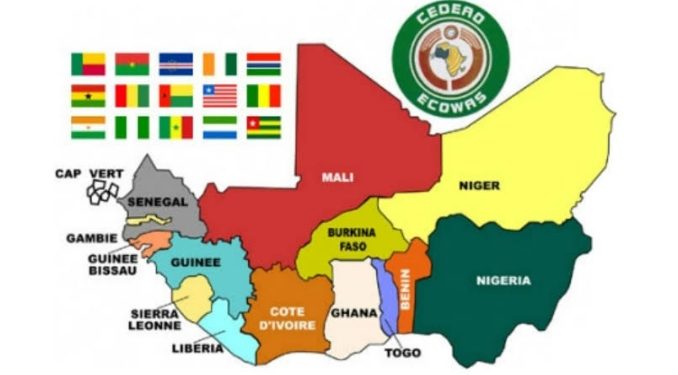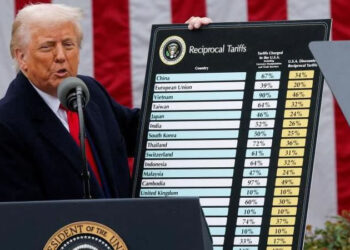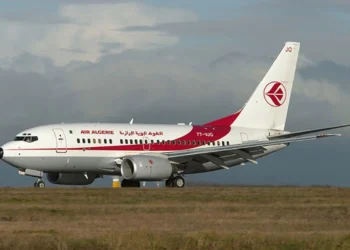By John Ikani
The Economic Community of West African States Parliament gathered in Banjul, The Gambia, on Monday to accelerate the implementation of a key protocol that enables the free movement of people, residency rights, and the establishment of businesses within the region.
This five-day meeting, themed “Parliament’s Role in the Implementation of the Protocol on the Free Movement of Persons, Right of Residence, and Establishment in the ECOWAS Region,” brought together legislators from across West Africa to address the challenges and opportunities associated with achieving the protocol’s goals.
Originally adopted on May 29, 1979, the protocol forms a cornerstone of ECOWAS’s vision for deeper regional integration and economic collaboration among its member states.
In his opening address, The Gambia’s Minister of Trade, Industry, Regional Integration, and Employment, Baboucarr Joof, reiterated his nation’s dedication to the principles of regional integration.
Joof encouraged fellow parliamentarians to enhance legislative support for the protocol and collaborate closely with national governments to resolve any hurdles to its execution.
“The theme for this meeting is self-explanatory and, in many ways, fundamentally overarching in relation to the totality of the objective for which ECOWAS as a body was established.
“Therefore, the free movement of people, the right to residence, and the concept of an unhindered opportunity for the community of the region to establish businesses freely across our borders are not just principles enshrined in our protocols—they are the true objectives of ECOWAS, the very foundation of the unity, economic integration, and prosperity that we seek for all our citizens,” he said.
The Speaker of the ECOWAS Parliament, Hadija Ibrahima, also highlighted the critical function of parliamentarians in making the protocol a practical reality.
She urged policymakers and stakeholders to work in partnership to tackle the challenges and develop unified policies that make the most of the benefits of free movement throughout the region.
“Policymakers and all stakeholders must unify their efforts to identify challenges and propose solutions that will maximise the benefits of free movement, both at the regional and national levels. These objectives will only be achieved through the development of coordinated policies and actions,” she stated.
Throughout the session, central discussions concentrated on aligning national laws with the protocol’s provisions, guaranteeing concerted action among member states, and obtaining the essential resources for efficient implementation.
The meeting is slated to conclude on August 30th with the release of a communiqué detailing the main recommendations and decisions. This document will then be presented to the ECOWAS Commission and Parliament for further examination and measures.




































